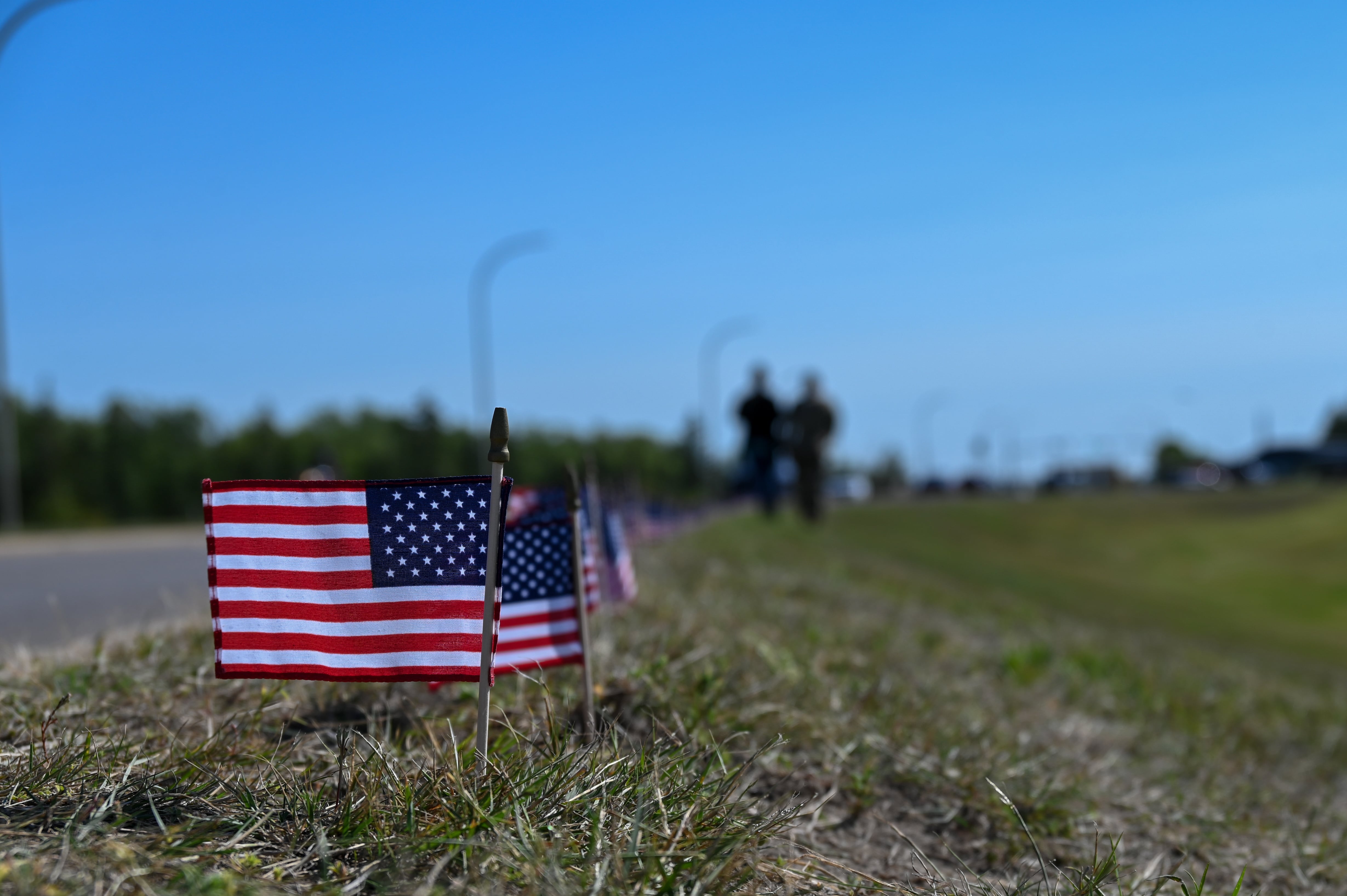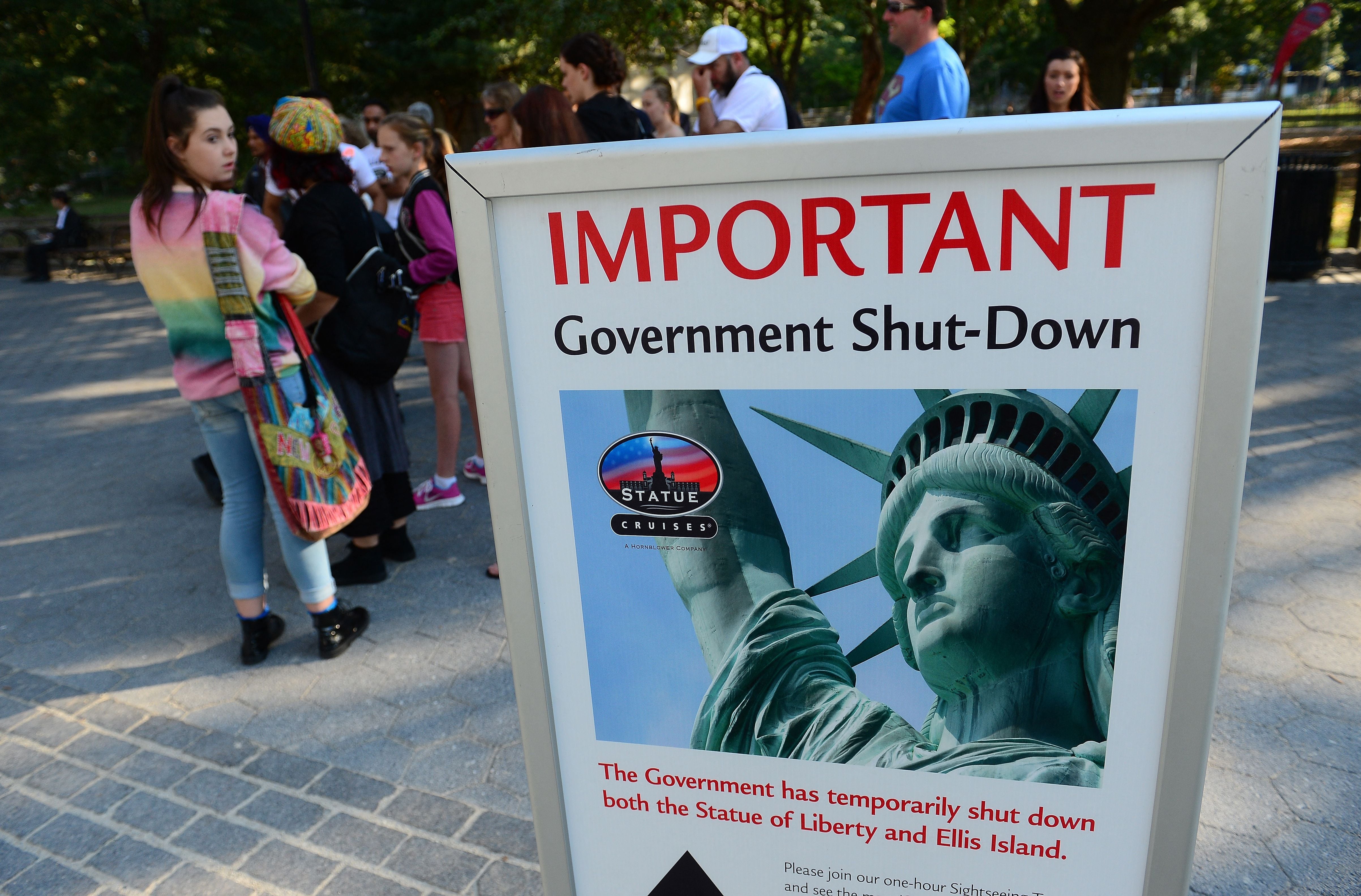It has now been two weeks since the Army became a (mostly) weekend safety brief-less fighting force, and shockingly, the service has managed to avoid collapsing into a black hole like a dying star.
The Sept. 4 announcement, one that came as part of an ongoing effort by Army Secretary Mark Esper to discard tedious practices that detract from readiness, sent a liberating shockwave through the Army’s ranks.
“Supervisory and operating personnel who direct or affect the actions of others are no longer required to conduct safety meetings (such as safety awareness, training, and procedures review) with the Soldiers and Department of the Army Civilians who they supervise,” the release announced.
No one has publicly made the declaration, but it’s safe to assume soldiers in units abiding by the new policy welcomed the chance to ditch the traditional time-suck.
On the other side of that coin, however, are some in the Army’s officer and senior enlisted ranks, where select soldiers overly fond of orating in front of a formation with the speed and vocal enthusiasm of Ben Stein will be forced to contrive new torturous ways to fill the mandatory “hurry up and wait” gap so adored by those subjected to its ruthlessness.
I felt a great disturbance in the Army, as if millions of safety brief-enthusiast officers and senior enlisted suddenly cried out in terror, and were suddenly silenced.
Sitting through an unnecessarily long weekend safety brief makes abundantly clear just how morale-boosting shedding that unnecessary fat could be. The other services would be wise to follow suit.
The irony of the weekend safety brief has always been that every rendition, in every branch of service, is seldom actually brief. Rambling might as well be a military occupational specialty with how often it’s practiced during formations, especially those designed to cut personnel loose for 48 hours or more of glorious libbo.
A seemingly endless list of “don’t do this” instructions rarely applicable to anyone with something resembling brain matter prolongs Friday evenings so extensively that those in attendance begin to question whether anything between now and the Mesozoic Era’s breakup of Pangaea has taken as long — aside from, of course, the war in Afghanistan.
“If I have to say it, it means some idiot out there has done it before," the pow wow leader will inevitably say, standing in the center of a sit-kneel-stand school circle like the nucleus of some young, desperate-to-get-drunk eukaryotic cell.
“Don’t procreate or murder anyone. Don’t get married to the first person you meet. Yeah I’m looking at you, Anderson.
“Don’t fly to Australia from North Carolina tomorrow and expect to make it back for Monday morning formation.
“Don’t get high from doing a whip-it, smash your face on a barracks room wall, then jump out of a third-story window into a bush and break your legs when the duty comes to inspect the commotion. Actually, just don’t do whip-its, good to go?
“Don’t drive drunk, blow out all four tires after running over a curb, then try to pass it off to the MPs at the gate as a normal evening as you roll up on your car’s rims, sparks flying everywhere like the Fourth of July, good to go?”
On and on the bloviating goes for an hour or more, slow and methodical, a swinging pendulum lowering painstakingly toward the life-force that is your weekend liberty.
You glance at your watch and cringe, sensing life slipping away as you listen to a symphony of stories starring well-known characters named Jodie, Suzie Rottencrotch and (insert rank here) Schmuckatelli.
Your joints and back begin screaming as deep regret sets in following your misguided decision to occupy the “kneel” section of the sit-kneel-stand circle.
Your fortunate friends from units and shops less obsessive about formations are texting you pictures of delectable food, beers, the beach or a sporting event — joyful camaraderie. A solitary tear falls from your face as Simon and Garfunkel’s “The Sound of Silence” repeats in your head.
“People talking without speaking," Paul Simon sings, as if speaking to you directly. "People hearing without listening.”
You question why God has forsaken you.
At long last, your company commander wraps up the undying spiel. You thank all the deities, the old gods and the new, and begin your slow rise from your battered knee.
But surprise! The battalion sergeant major has made a special guest appearance and wants to discuss things that will behoove you for another hour.
The most unspeakable curses are uttered throughout the formation, so heinous that the phrases collectively metastasize and form a storm cloud to further rain on your libbo parade.
“Free! — I had but escaped death in one form of agony, to be delivered unto worse than death in some other.”
By the time you hear, “Any questions, concerns, bitches, moans, complaints?” you realize you have been unknowingly strangling yourself in a subconscious effort to pass out and be escorted from the premises.
You are in Dante’s unwritten 10th circle of hell.
This is the soul-crushing reality of the weekend safety brief, serving little purpose except reviewing the actions of actual psychopaths and accomplishing nothing that a section chief couldn’t convey in 10 minutes.
Has there been a single murderer, drug dealer, thief or alcoholic who sat through a safety brief and thought, “You know what, that two-hour speech changed my mind. I’m going to be a model citizen from now on”?
The only explanation of preserving such an odious practice would be that the weekend safety brief is actually a concerted, multi-generation effort by the military’s upper echelon to incite anger among the ranks necessary for war.
The military loves to hate, and nothing makes a person more thirsty for confronting America’s enemies than a two-hour brief, daily vehicle maintenance, spending a full day at the armory cleaning and failing to turn in rifles, police call in the rain, remedial field day on a Saturday or uniform inspections.
“Use your aggressive feelings. Yes, let the hate flow through you. Your hate has made you powerful.”
Kudos to the Army for taking a stand against tyranny.
J.D. Simkins is the executive editor of Military Times and Defense News, and a Marine Corps veteran of the Iraq War.





